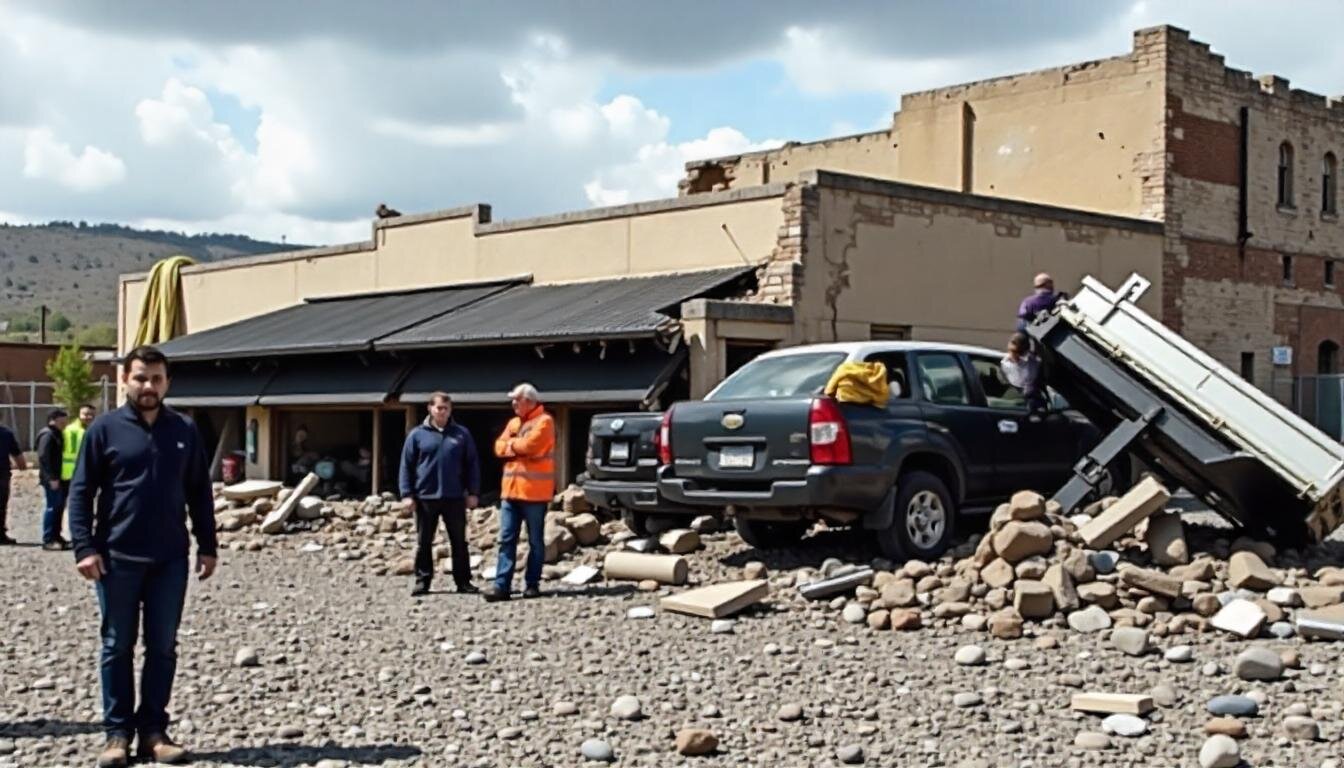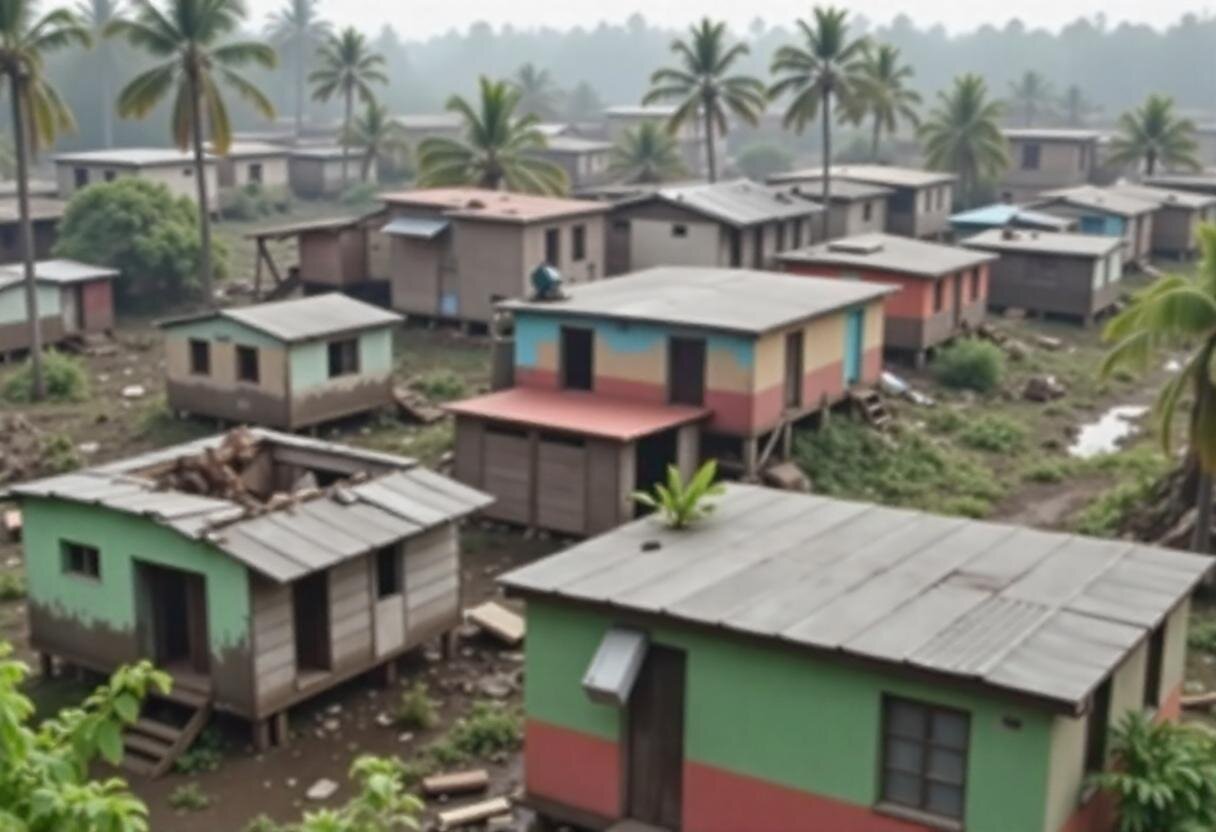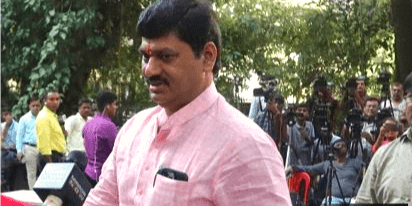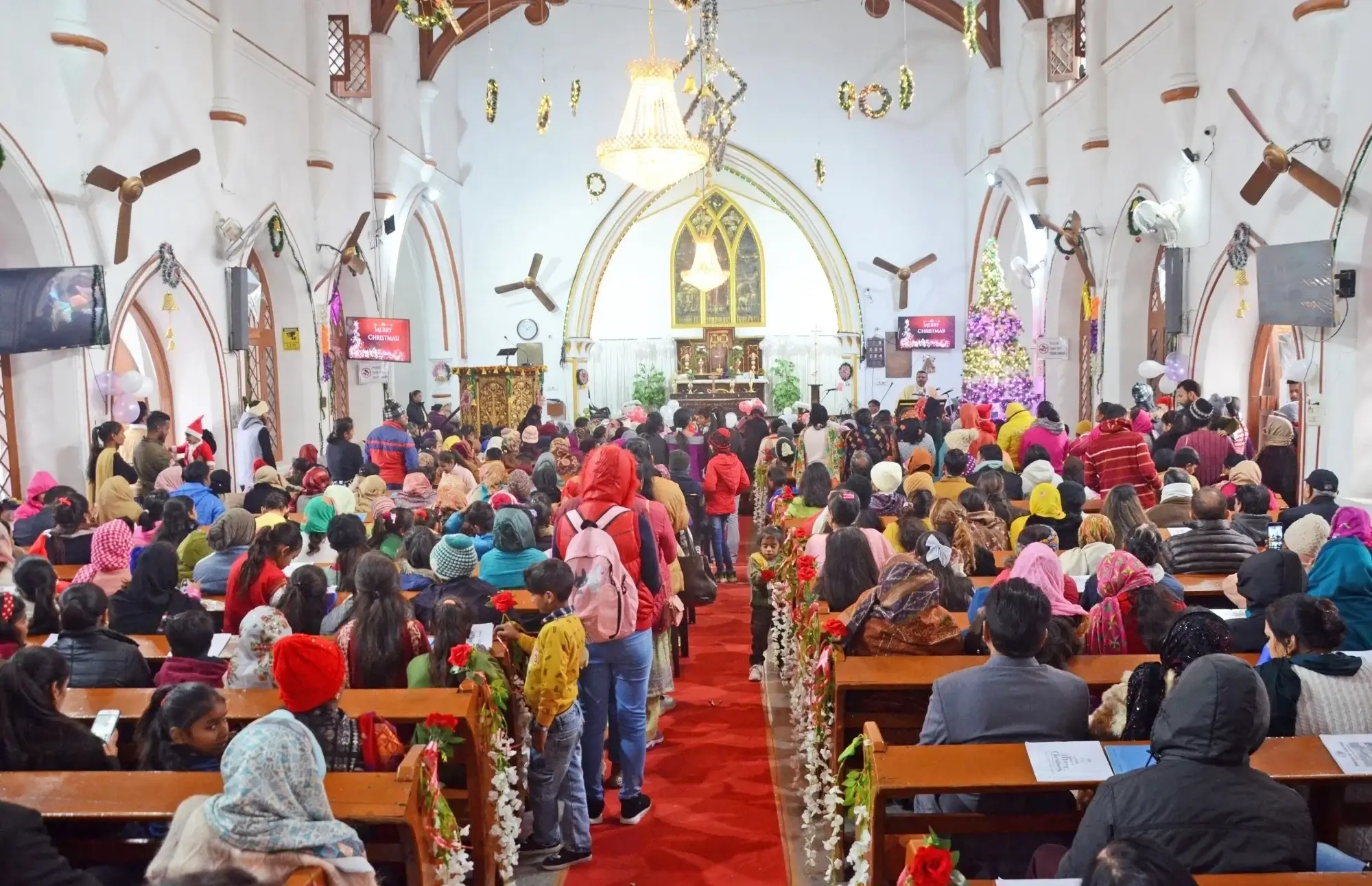Vanuatu’s Magnitude 7.5 Earthquake: Nature’s Force and the Road to Recovery
Table of Contents

On December 17, 2024, the Pacific island nation of Vanuatu was struck by a powerful earthquake, sending shockwaves through the region and reminding the world of the fragile balance between nature and humanity. The earthquake, registering a magnitude of 7.5 on the Richter scale, was centered near the island of Espiritu Santo, causing widespread panic, structural damage, and a community grappling with its aftermath.
The Impact
Vanuatu, part of the Pacific “Ring of Fire,” is no stranger to seismic activity. However, this recent quake has left a significant mark on the island’s infrastructure and daily life. Buildings in the capital, Port Vila, shook violently, with reports of cracks in structures, toppled walls, and some older buildings reduced to rubble. While the full extent of the damage is still being assessed, early reports suggest significant impacts on roads, bridges, and essential services.
The quake also triggered a brief tsunami warning, prompting residents to evacuate to higher ground. Though the warning was later lifted, it highlighted the region’s vulnerability to multi-faceted natural disasters. Communities along the coast remain on edge, wary of potential aftershocks that could exacerbate the damage.
Humanitarian Response
In the wake of the earthquake, local authorities and international aid organizations have sprung into action. Emergency response teams are prioritizing rescue operations, medical aid, and shelter for those displaced. The government of Vanuatu has called for international assistance, citing the need for specialized equipment and expertise to address the disaster effectively.
Neighboring countries, including Australia and New Zealand, have pledged their support, sending relief supplies, medical teams, and engineering units to assist in recovery efforts. Non-governmental organizations such as the Red Cross are also on the ground, distributing food, water, and hygiene kits to affected communities. Volunteers and community leaders are playing a critical role in coordinating aid distribution and ensuring no one is left behind.
Resilience Amid Adversity
Vanuatu’s people have a long history of resilience in the face of natural calamities. The island nation’s disaster preparedness programs, community drills, and early warning systems have undoubtedly saved lives during this event. However, the challenges ahead are immense. Restoring power, rebuilding homes, and ensuring clean water access are immediate priorities. Longer-term efforts will involve strengthening infrastructure to withstand future earthquakes and addressing the psychological toll on survivors.
Community spirit is a defining characteristic of Vanuatu, and this resilience is already visible in the aftermath of the quake. Neighbors are helping neighbors, and local leaders are working tirelessly to restore a sense of normalcy. Schools and community centers are being repurposed as temporary shelters, and efforts are underway to provide trauma counseling to those affected.
The Economic Fallout
The earthquake’s impact extends beyond immediate physical damage, posing significant challenges to Vanuatu’s economy. Tourism, a vital sector for the island nation, is expected to take a hit as travelers may reconsider their plans. Local businesses, many of which rely on fragile supply chains, are struggling to resume operations. The agricultural sector, another cornerstone of Vanuatu’s economy, has also suffered losses due to damaged farmland and disrupted distribution networks.
Rebuilding infrastructure will require significant financial resources, placing a strain on the national budget. The government faces the dual task of rebuilding the nation while ensuring economic stability, which may require substantial international loans and grants. Financial aid from global organizations like the United Nations and the World Bank could play a critical role in this recovery process.
Global Attention on Climate and Disaster Preparedness
The Vanuatu earthquake has once again underscored the urgent need for global attention to disaster risk reduction, especially in vulnerable regions. As climate change intensifies weather patterns and increases the frequency of natural disasters, nations like Vanuatu face compounded risks. International collaboration, investment in resilient infrastructure, and climate adaptation measures are crucial to mitigating these challenges.
The quake also highlights the importance of integrating local knowledge and community-based solutions into disaster preparedness strategies. By empowering local communities with the tools and resources they need, the global community can help build resilience from the ground up.
A Call for Solidarity
The world watches as Vanuatu embarks on its journey of recovery. This tragedy serves as a stark reminder of the interconnectedness of our global community and the importance of standing together in times of crisis. From individuals donating to relief efforts to governments providing aid, every action contributes to rebuilding lives and fostering hope.
As Vanuatu rebuilds, it will rely on the strength of its people and the support of the global community. The road to recovery may be long, but the spirit of resilience and solidarity will light the way forward.
In the months ahead, the focus will not only be on rebuilding what was lost but also on creating a stronger and more resilient Vanuatu. This includes investments in education, healthcare, and sustainable infrastructure that can withstand future challenges. By learning from this disaster and applying these lessons, Vanuatu has the opportunity to emerge stronger and more prepared for the uncertainties of the future.
The Vanuatu earthquake is a poignant reminder of nature’s power and the importance of unity in adversity. As the nation rebuilds, it does so with the hope and determination that have always defined its people.
For more stories: How the ICC academy bounced back from a desert flood. Vanuatu’s Magnitude 7.5 Earthquake: Nature’s Force and the Road to Recovery.








Post Comment